Many thousand temples built within a time span of about thousand years, before the fourteen century, stand as witness to the creative genius of different communities of Southeast Asia. They also testify to the cultural dialogue between India and Southeast Asia centered on the architectural and planning experiences as coded in the silpasastra texts of India.
The present monograph looks at the Khmer temples of Hindu inspiration spread over mainland Southeast Asia both at the level of ideology and praxis, and attempts an integrated account of their symbolical as well as functional aspects. In the selection and regrouping of temples for the present study the three key words-social, economic and political formations have been the driving motive. The temples or the group of temples which explicate their role in these basic formations of human civilization have, therefore been taken up in this monograph.
This monograph offers a chapter devoted to various aspects of temples in the Khmer mainland of Southeast Asia. The first chapter examines the evolution of temples in the region from the open air sacred spaces. The following chapter sees the temple as an architectural search for the centre, analyses the ideology of Meru and presents 13 examples of temple mountains. The temple’s catalytic role in the formation of village and city forms the theme of the next two chapters. The temple based process of the formation of capital and means of production concerns the following chapter. The vital role of temple in manpower mobilization for agricultural expansion has been closely examined in the succeeding chapter. The next chapter examines the interlink between water and architecture with a particular reference to the hydraulic debate. The temple as a Sanskritizing agent forms the theme of the last chapter.
This narrative has developed from a synchronic and simultaneous reading of verbal and visual languages.

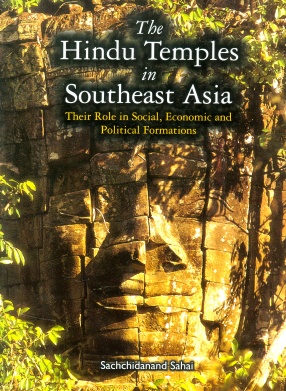
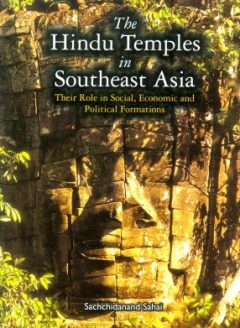
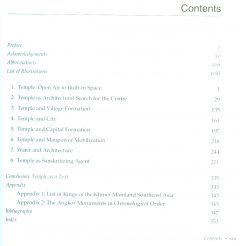
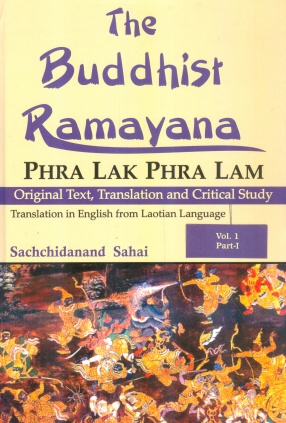
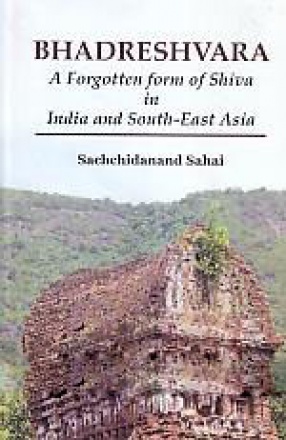
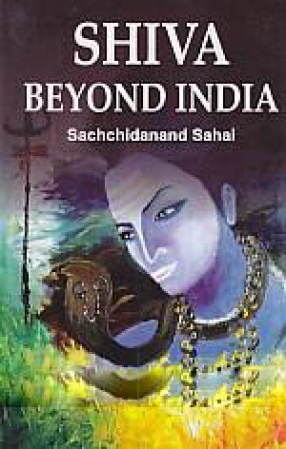

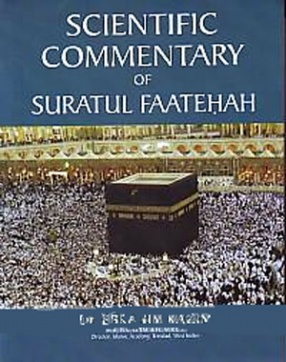
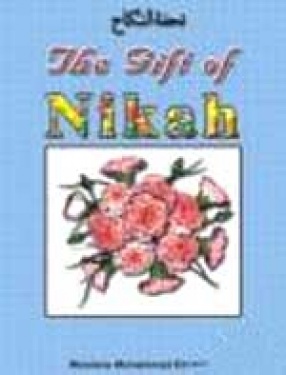
There are no reviews yet.